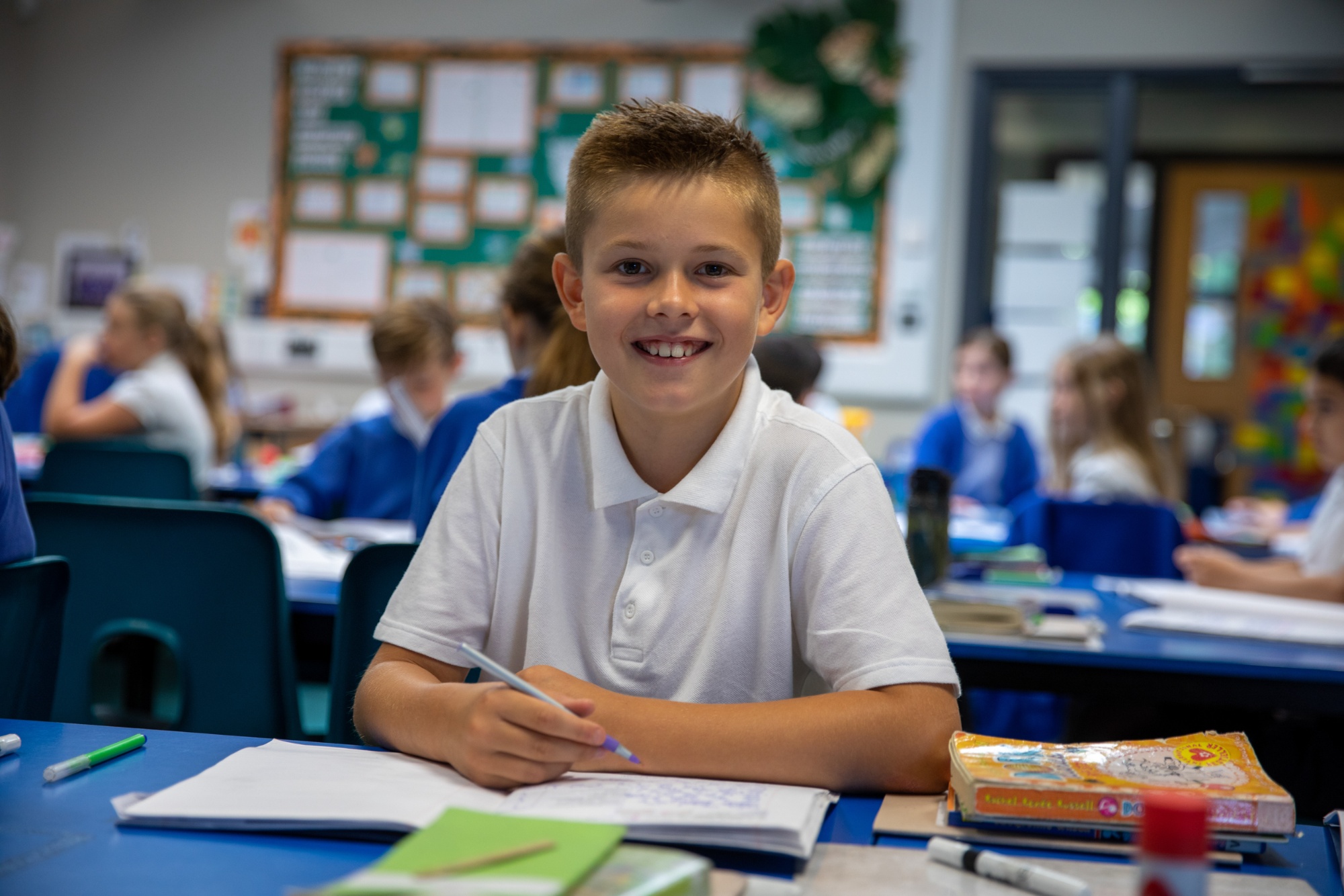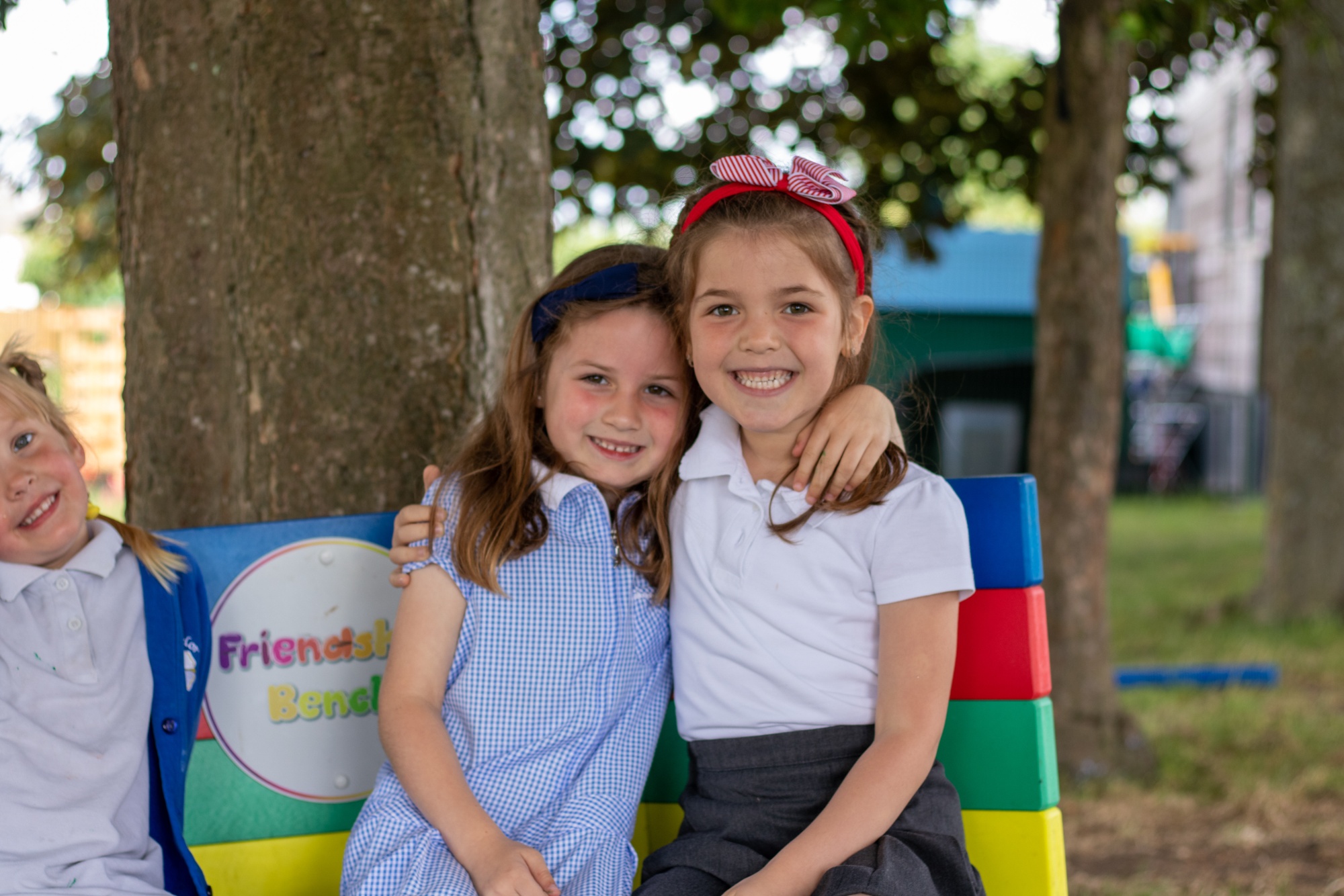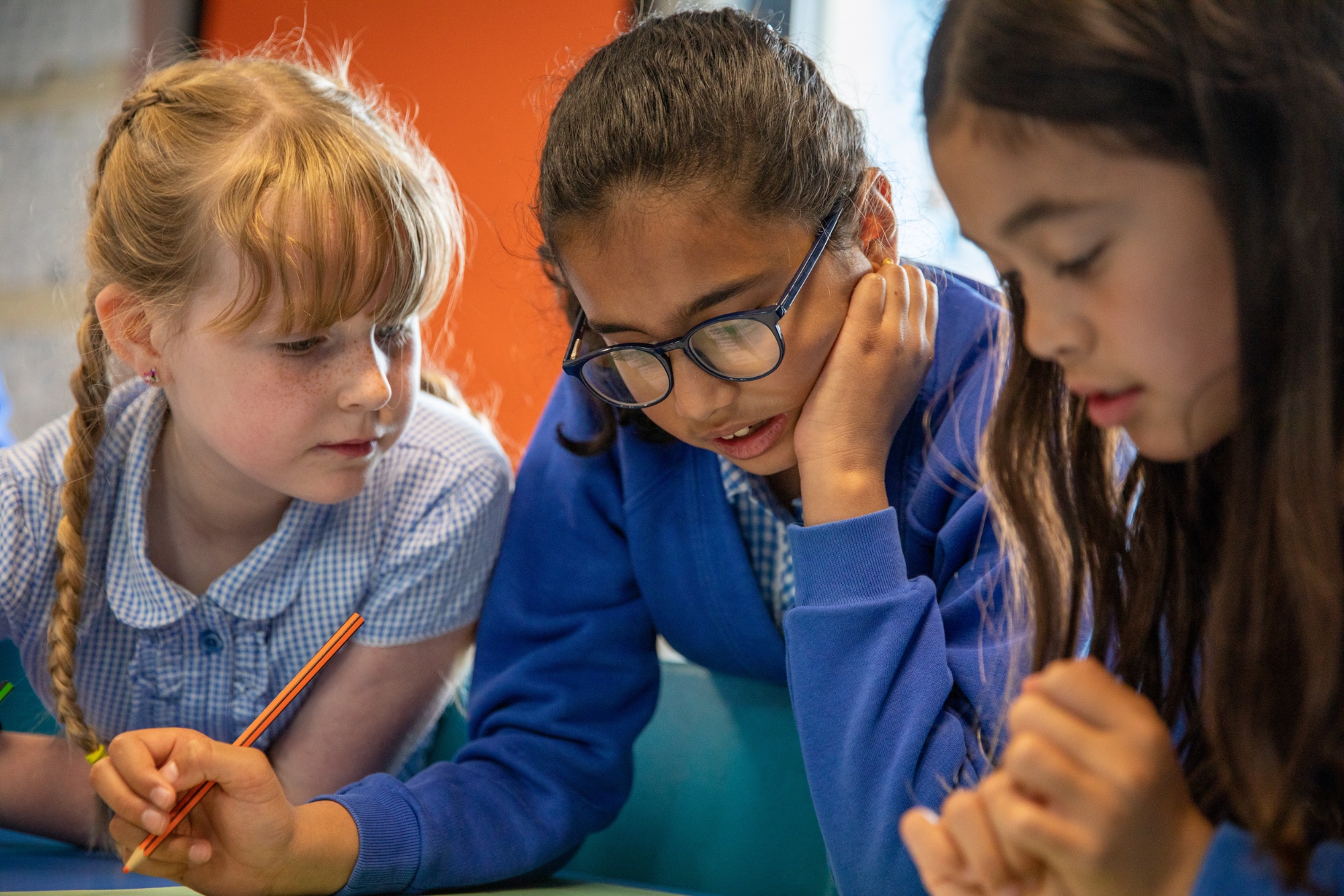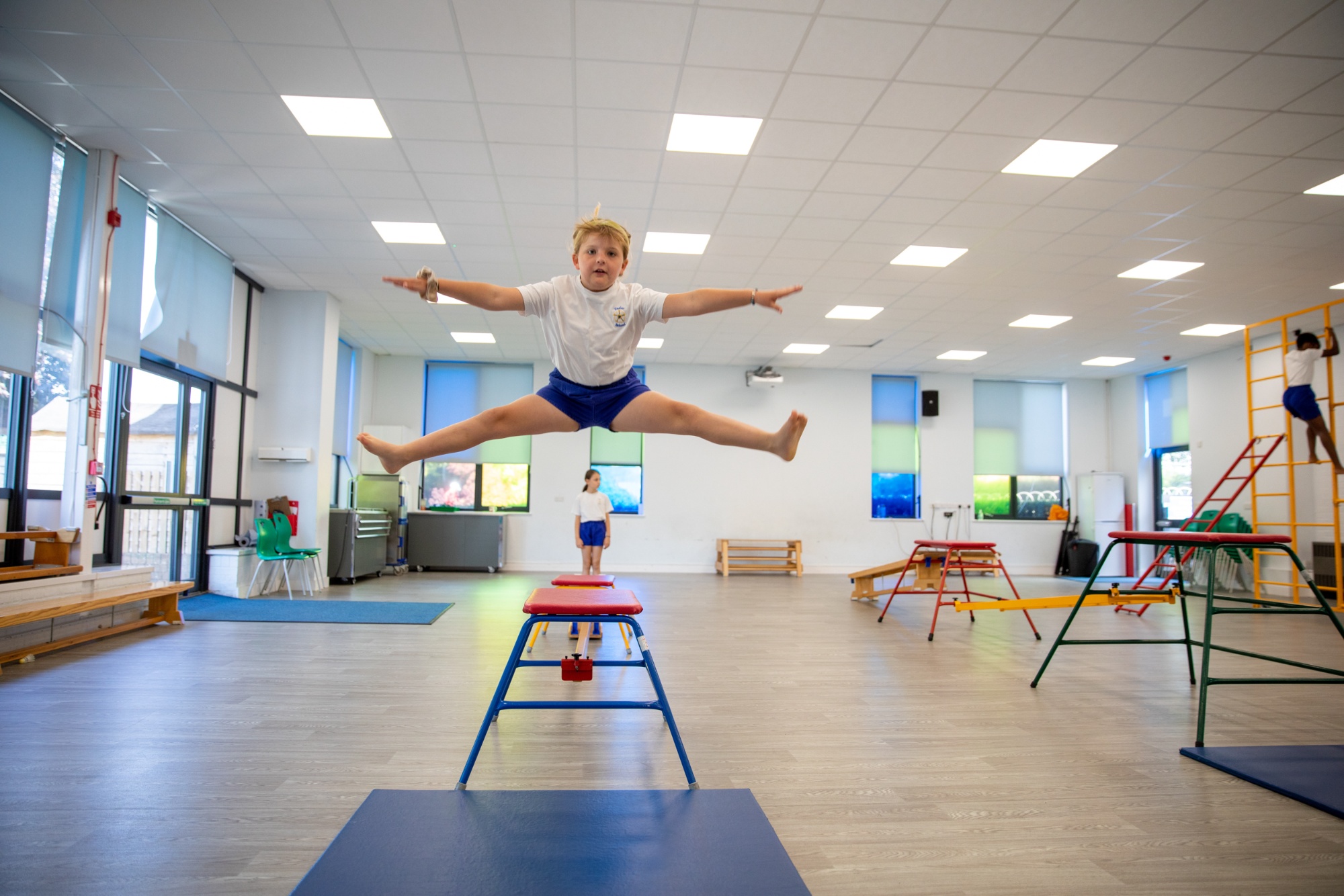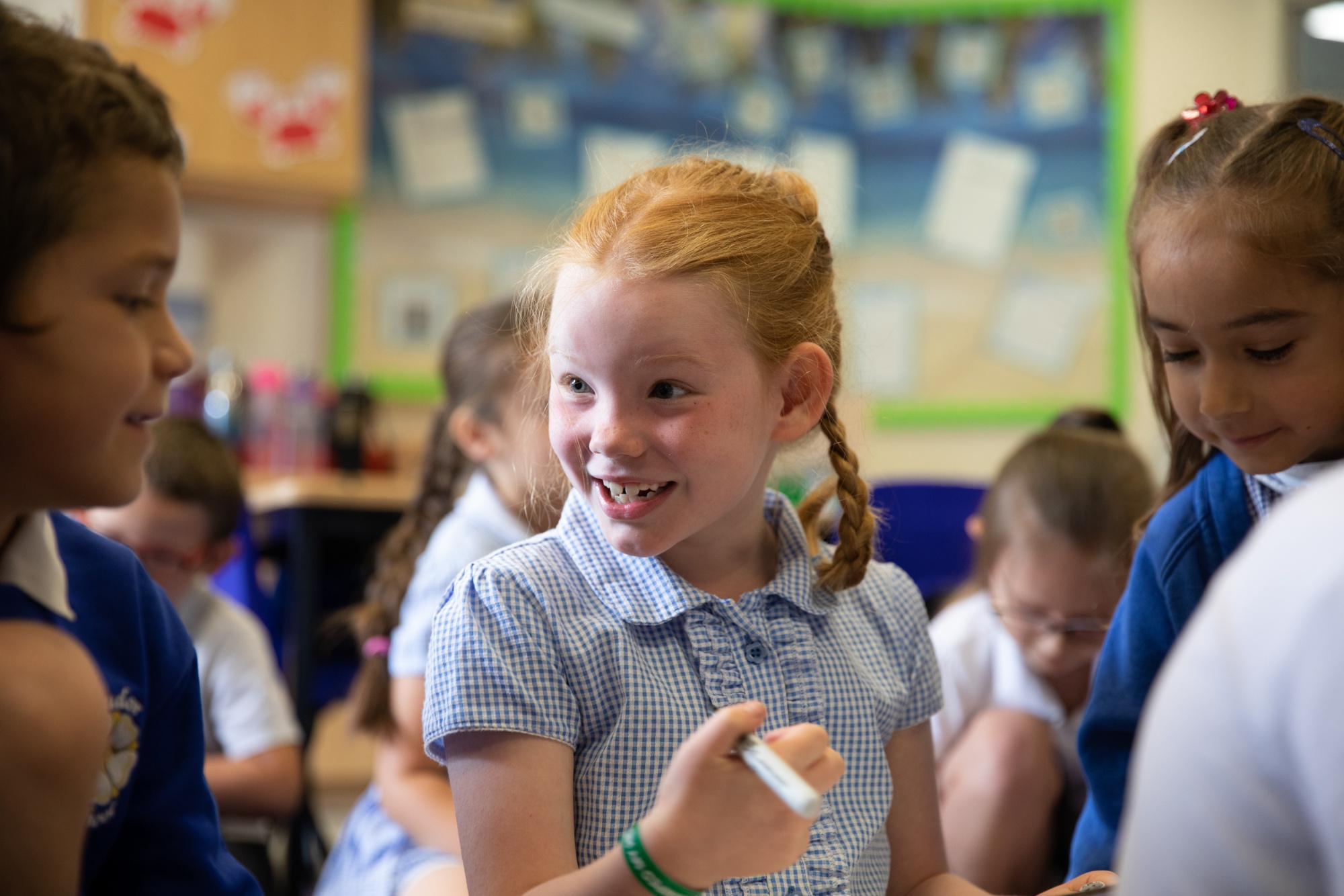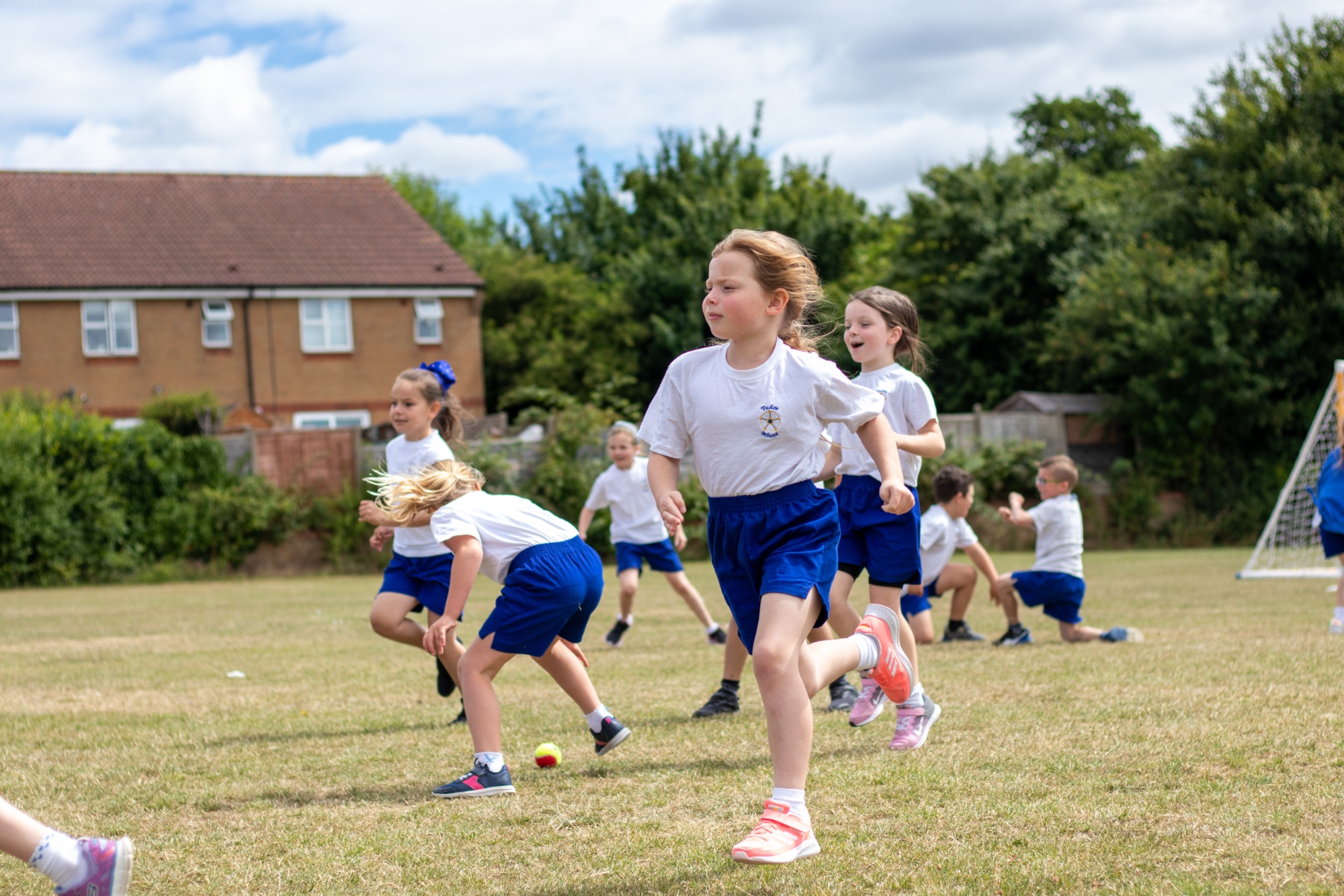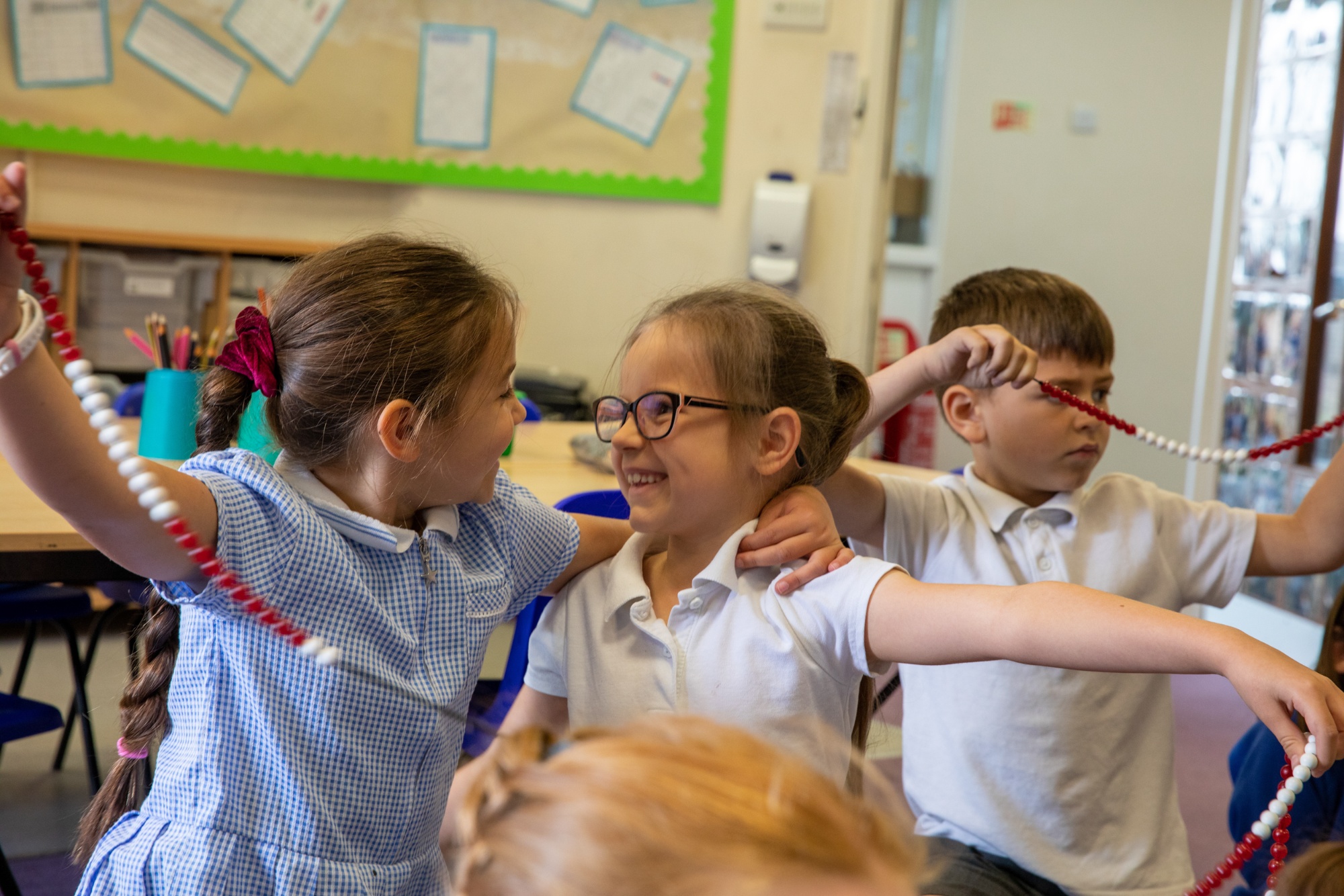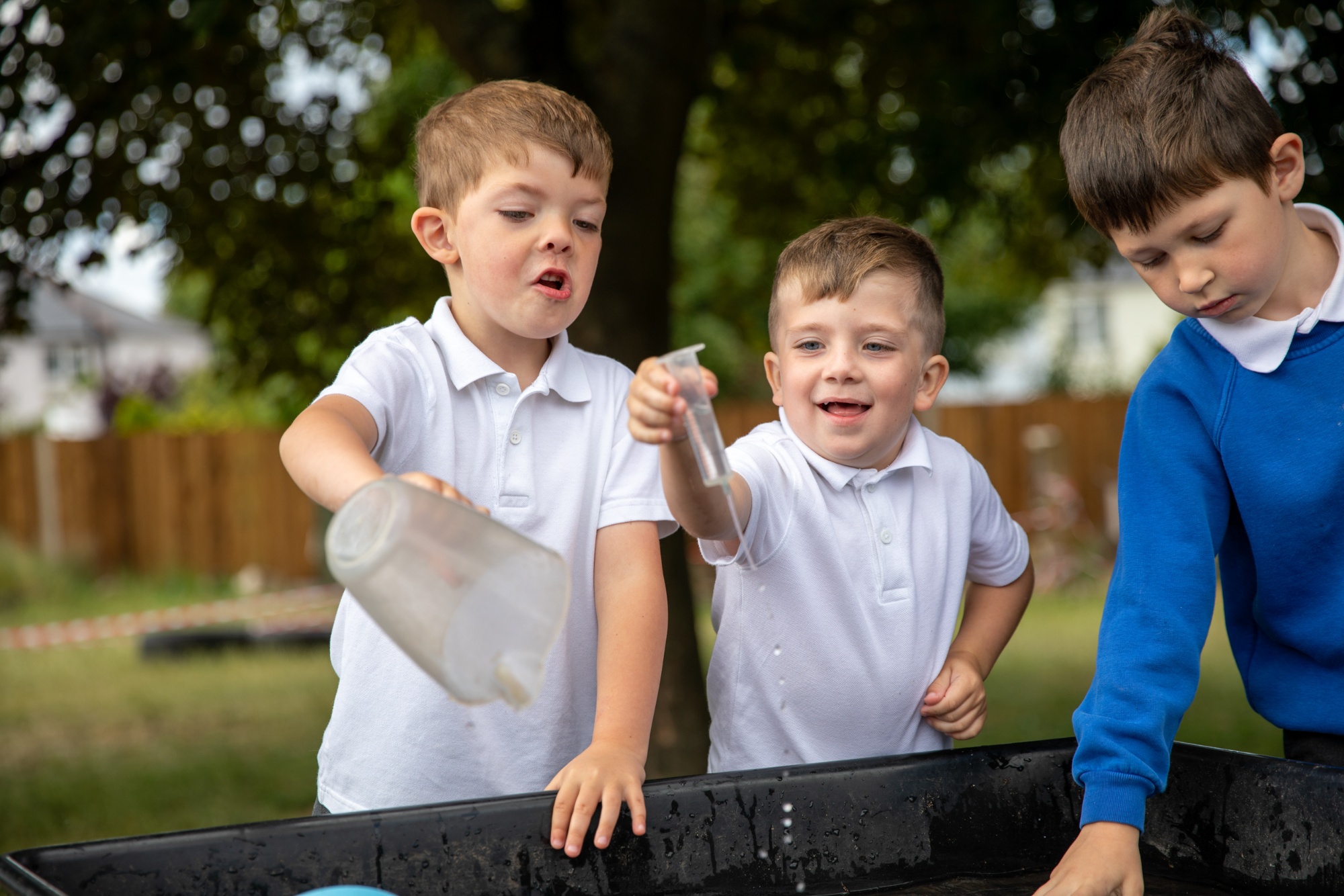Our Early Years Foundation Stage
Together we create a happy and caring community
where all our children love to learn and want to achieve.
At Tudor Primary School we aim to provide the highest quality care and education for all our children thereby giving them a strong foundation for their future learning. These foundations begin in the early years. Working alongside parents, we build a curriculum that is led by the children’s interests and is accessible to all. We use the programmes of study as a starting point, and link the themes into these, making cross-curricular links throughout the seven areas of learning, with a higher focus on the prime areas. We provide a child-centred curriculum that is responsive to the needs and next steps of all individuals.
We follow the steps:
We observe
So we plan
As a result, the impact is…
Our Key Principles
As part of our practice we:
- Provide a broad and balanced curriculum, based on the EYFS, across the seven areas of learning, using play as the vehicle for learning
- Promote equality of opportunity and anti-discriminatory practice. We provide early intervention for those children who require additional support
- Work in partnership with parents and within the wider community
- Plan challenging learning experiences, based on the individual child’s interests and programmes of study, that are informed by observations, conversations, interactions and assessments.
- Provide opportunities for children to engage in activities that are adult-initiated and child-initiated, supported and scaffolded by the adult
- Provide opportunities for children to rehearse and apply what we have taught them
- Provide a secure and safe learning environment indoors and out
- Provide an accessible and enabling environment that is relevant to their life and encourages progression of skills
- Build positive relationships with the children and promote quality interactions with children that move learning forward
Every child is a unique child who is constantly learning and can be resilient, capable, confident and self-assured. Children are born ready, able and eager to learn.
At Tudor school we use the Unique child as our starting point to create an environment of learning opportunities…

INTENT, IMPLEMENTATION, IMPACT
In the table below are the Tudor school values what we strive for our early years children before they transition to key stage one. As children begin at Tudor, we look at what tools and skills they have to start with, we then provide opportunities for them to access on their learning journey, see below, and then analyse at different stages throughout the year the impact of these opportunities on their overall development.
|
What is our intent? |
How we will implement it? |
|
To become aspirational in everything they do
|
|
|
To become confident communicators and writers
|
|
|
To become a successful member of the community
|
|
|
To become stimulated by an engaging curriculum that utilises high quality thematic links
|
|
|
To be happy and secure so they can embrace new challenges
|
|
|
To have a love for the natural environment and the world around them
|
|
|
To become fascinated and excited by a range of books
|
|
What is the impact?
When you walk into Tudor Early Years you will see…
- Positive interactions
- Children accessing the environment independently
- Happy and confident children
- Engaging activities
- Sharing, and playing cooperatively and collaboratively
- Listening to one another
- A calm but stimulating environment
- Children embracing new challenges
- Inquisitive conversations
- A sense of belonging
Foundation Stage Curriculum
We plan an exciting and challenging curriculum based on our observation of children’s needs, interests, and stages of development across the seven areas of learning to enable the children to achieve and exceed the early learning goals.
All the seven areas of learning and development are important and inter-connected.
Three areas are particularly crucial for igniting children's curiosity and enthusiasm for learning, and for building their capacity to learn, form relationships and thrive.
These three areas are the prime areas:
Communication and Language
Physical Development
Personal, Social and Emotional Development
Children are also supported through the four specific areas, through which the three prime areas are strengthened and applied.
The specific areas are:
Literacy
Mathematics
Understanding the World
Expressive Arts and Design
Children are provided with a range of rich, meaningful first-hand experiences in which children explore, think creatively and are active. We aim to develop and foster positive attitudes towards learning, confidence, communication and physical development.
As a team, planning begins with the children’s interests. We then link it to the programmes of study and provide experiences in all seven areas of learning, also looking at how we can build on skills that the children already have.
Practitioners working with the youngest children in Nursery will focus strongly on the three prime areas, which are the basis for successful learning in the other four specific areas. The three prime areas reflect the key skills and capacities all children need to develop and learn effectively, and become ready for school. The balance will shift towards a more equal focus on all areas of learning as the children move through the Early Years and grow in confidence and ability within the three prime areas.
Children have whole group and small group times which increase as they progress through the EYFS with times for a daily phonics session, teaching aspects of Mathematics and Literacy, including shared reading and writing.
Characteristics of effective learning
The EYFS also includes the characteristics of effective learning. All early years practitioners plan activities, teach and challenge children based on these characteristics. They highlight the importance of children’s attitude to learning and their ability to play, explore and think critically about the world around them. The three characteristics are;
- playing and exploring - children investigate and experience things, and ‘have a go’
- active learning - children concentrate and keep on trying if they encounter difficulties, and enjoy achievements
- creating and thinking critically - children have and develop their own ideas, make links between ideas, and develop strategies for doing things
Learning through play
The curriculum is delivered using a play-based approach as outlined by the EYFS. ‘Each area of learning and development must be implemented through planned, purposeful play and through a mix of adult-led and child-initiated activities.’
Learning through play underpins our approach to teaching and learning in the Foundation Stage. Young children learn best from activities and first-hand experiences that interest and inspire them to learn. Therefore, we provide children with stimulating, active play experiences in which they can explore and develop their learning to help them make sense of the world around them. We encourage children to free-flow between the indoors and outdoors to ensure the children are provided with a wide range of stimulating experiences. Children have opportunities through their play to think creatively and critically alongside other children. They are able to practise skills, build upon and revisit prior learning and experiences at their own level and pace. Play gives our children the opportunity to pursue their own interests, inspires those around them and consolidates their understanding and skills. The children learn to adapt, negotiate, communicate, discuss, investigate and ask questions.
We plan a balance between children having time and space to engage in their own child-initiated activities and those that are planned by the adults. During children’s learning through play opportunities, early years practitioners take an active role in child-initiated play through observing, modelling, facilitating, teaching and extending play, skills and language. In planning and guiding children's activities, we reflect as practitioners on the different ways that children learn in our setting and adapt when necessary.
Assessment
Throughout nursery and reception children’s knowledge, understanding, skills and achievements are assessed and tracked. We use the developmental stages set out in the document ‘Development Matters in the Early Years Foundation Stage (EYFS)’ as a set of stepping stones to guide us through the skills we will teach the children. In reception, we use a range of assessment tools to identify gaps in learning, particularly in Communication and Language such as the Welcom screening, and the NELI assessment tool. The baselines collated, work alongside the Reception Baseline Assessment to identify next steps in learning. Daily assessments are made of target children, exploring skill progression and gaps in the prime areas that we will plan into our curriculum.
As part of our daily practice, our assessments are gathered from a range of sources; talking and playing with the children, observations of the children in play and learn, and adult led activities. We identify and note areas of interest that children want to explore further, and write these on our main whiteboard to feed into our weekly planning. We highlight any ‘Wow moments’ of significant progress/ learning and add these to tapestry. The whiteboard system helps to identify any children that are not making progress and therefore plan targeted support to bridge the gaps. We also make assessments through discussions with parents and carers. We record observations on an online program called Tapestry. An online learning journey is created for each child which builds a picture of the children’s strengths and achievements and enables us to plan for children’s next steps in learning. This allows parents to contribute to the observations and assessments made by staff, and of their own observations from home.
In the Autumn and Spring terms, parents are invited to attend a parent’s evening where they can discuss their child’s progress with their child’s teacher. In the Spring term, parents are given a ‘mid-year report’ that provides key information on the learning opportunities that are provided. Next steps are also shared and this supports the parents with how to help the child progress academically and socially.
Within the final term of Reception class, we assess children’s knowledge, skills and understanding. The children’s progress will continue to be tracked throughout the foundation stage and will be assessed against the ELG’s at the end of reception. These assessments will be used to establish an end of foundation stage achievement and learning profile for each child based on the Early Years Foundation Stage Profile. The parents will be provided with a final report based on their child's development against each of the Early Learning Goals and the characteristics of their learning. Parents/carers are then given a further consultation to discuss these judgements with the Reception class teacher, if necessary in preparation for Year 1.
Skills-based Approach
This is the second year of our new skills-based curriculum. We have created a document that outlines progression of skills from the start of nursery to the end of reception. There are twelve areas of focus, which intertwine with each other in both the indoor and outdoor areas. The document ensures we are modelling and teaching children key skills in their play and modelling key vocabulary linked to the skills. Within an area of the learning there are key behaviours we are teaching the children so their learning and experiences are constantly developing and growing.
See below for an example:

Safety
Children’s safety and welfare is paramount. We create a safe and secure environment and provide a curriculum which teaches children how to be safe, make choices and assess risks. We have stringent policies, procedures and documents in place to ensure children’s safety.
We promote the good health of the children in our care in numerous ways, including the provision of nutritious food, following set procedures when children become ill or have an accident.
Please see our separate policies and procedures on Health and Safety and Child Protection.
Inclusion
We value all our children as individuals at Tudor Primary School, irrespective of their ethnicity, culture, religion, home language, background, ability or gender. We plan a curriculum that meet the needs of the individual child and supports them at their own pace so that most of our children achieve and even exceed the Early Learning Goals. We strongly believe that early identification of children with additional needs is crucial in enabling us to give the child the support that they need and in doing so, work closely with parents and outside agencies.
Early Years Pupil Premium – we will endeavour to identify our least advantaged pupils and inform parents or carers of their opportunity to apply for their child’s entitlement to extra funding in school. All extra funding we receive will be used to support areas in which we identify that the child will best benefit. We will track children’s progress to ensure that they are making good progress and to ensure that support is adjusted to target specific areas as the child develops.
Parents as Partners
We strive to create and maintain partnership with parents and carers as we recognise that together, we can have a significant impact on a child’s learning. We welcome and actively encourage parents to participate confidently in their child’s education and care in numerous ways. Blogs are shared with parents to ensure they are more aware of what is happening in school and how to support children at home.
Working with other services and organisations is integral to our practice in order to meet the needs of our children. At times we may need to share information with other professionals to provide the best support possible.
We draw on our links with the community to enrich children’s experiences by taking them on outings and inviting members of the community into our setting.
Transition
Transitions are carefully planned for and time given to ensure continuity of learning. At any transition, we acknowledge the child’s needs and establish effective partnerships with those involved with the child and other settings, including nurseries and child-minders. Children attend introductory sessions to Nursery and Reception to develop familiarity with the setting and practitioners. They receive a letter containing photos of the setting and all staff, and complete a ‘Unique Child’ booklet. We now host two open stay and play sessions for parents and children to attend to visit their new setting, meet the staff and become familiar with their new learning environment. We hold an evening welcome meeting for parents/ carers to meet the staff, ask any questions and learn about expectations for starting Tudor school.
In the final term in Reception, the Year 1 teaching team are able to meet with the Early Years staff and discuss each child's development against the Early Learning Goals in order to support a smooth transition to Year 1. This discussion helps the Year 1 teacher to plan an effective, responsive and appropriate curriculum that will meet the needs of all children. Children begin Tudor with a wealth of information from the new starter pack provided at the beginning of the year which sets out the expectations we have when attending Tudor school.
Please refer to our Transition policy for further guidance.
Early Years Foundation Stage at Tudor!


